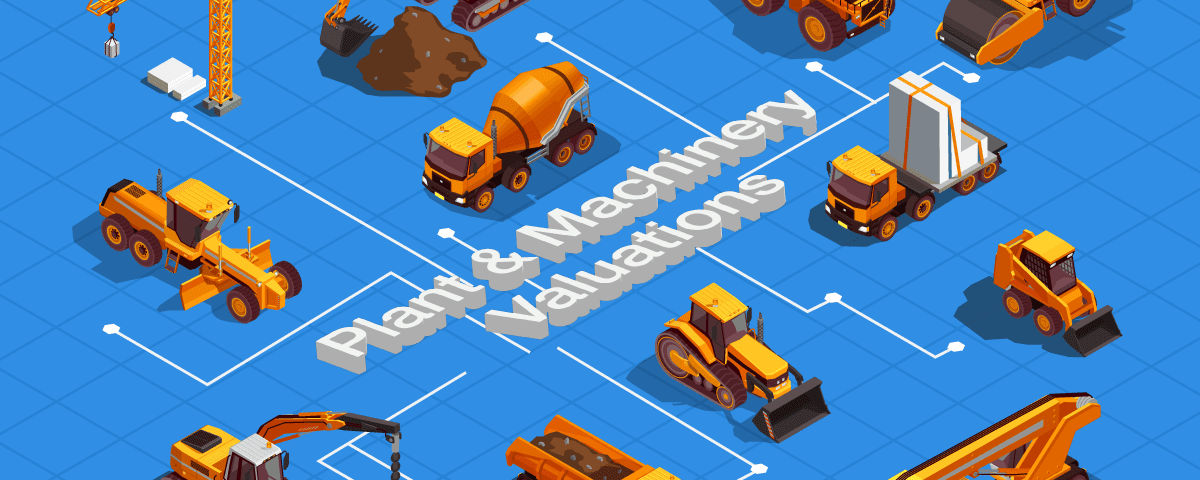


Debunking myths about property valuations
2024-06-20


Thinking of becoming a Valuer?
2024-07-24Written by: Mandisa Ndlovu
Assessing plants and machinery is essential for several business instances, such as financial reporting, sales, mergers, and acquisitions. Accurate valuations help companies make knowledgeable choices and guarantee equitable dealings. Understanding these elements that affect plant and machinery valuations can offer important insights into the process.
Market demand and supply
The dynamics of market supply and demand have a big influence on the worth of plants and machinery. Certain types of machinery tend to appreciate when demand for them is great. On the other hand, if comparable equipment is abundant on the market, the value may drop. Industry-specific demands, technical developments, and market trends all play a significant role. For instance, older machinery may depreciate quickly as newer more efficient models become available in industries where technological innovation occurs quickly. Businesses can ‘predict’ changes in machinery values by keeping an eye on market developments and understanding the supply chain.
Age and condition
The worth of a machine is mostly determined by its age and condition. Because they are more likely to have the newest technological features and have a longer remaining useful life, newer machines are therefore generally worth more. However, older equipment that has been well-maintained can also be quite valuable, particularly if it has had regular maintenance and upgrades. The machinery’s operational effectiveness, maintenance history, and physical state are important in this case. Additionally, machines with wear and tear or those with poor maintenance will be valued less.
Equipment specifications
Factors such as the equipment’s size, capacity, and capabilities are all important when it comes to determining the value. As previously mentioned, equipment with cutting-edge features and performance that meets or is beyond industry standards is typically valued higher. Additional features and customisations that improve functionality, provide specific benefits or the adaptability and versatility might also raise the value. It is crucial to consider how a machine’s specifications fit with the demands of the modern industry and technological standards when assessing it.
Understanding these factors facilitates well-informed decision-making for investors and businesses, providing fair value in plant and machinery transfers. Regularly maintaining, staying updated with industry developments, and ensuring compliance with regulations, are all important steps in maintaining and increasing the value of equipment.


